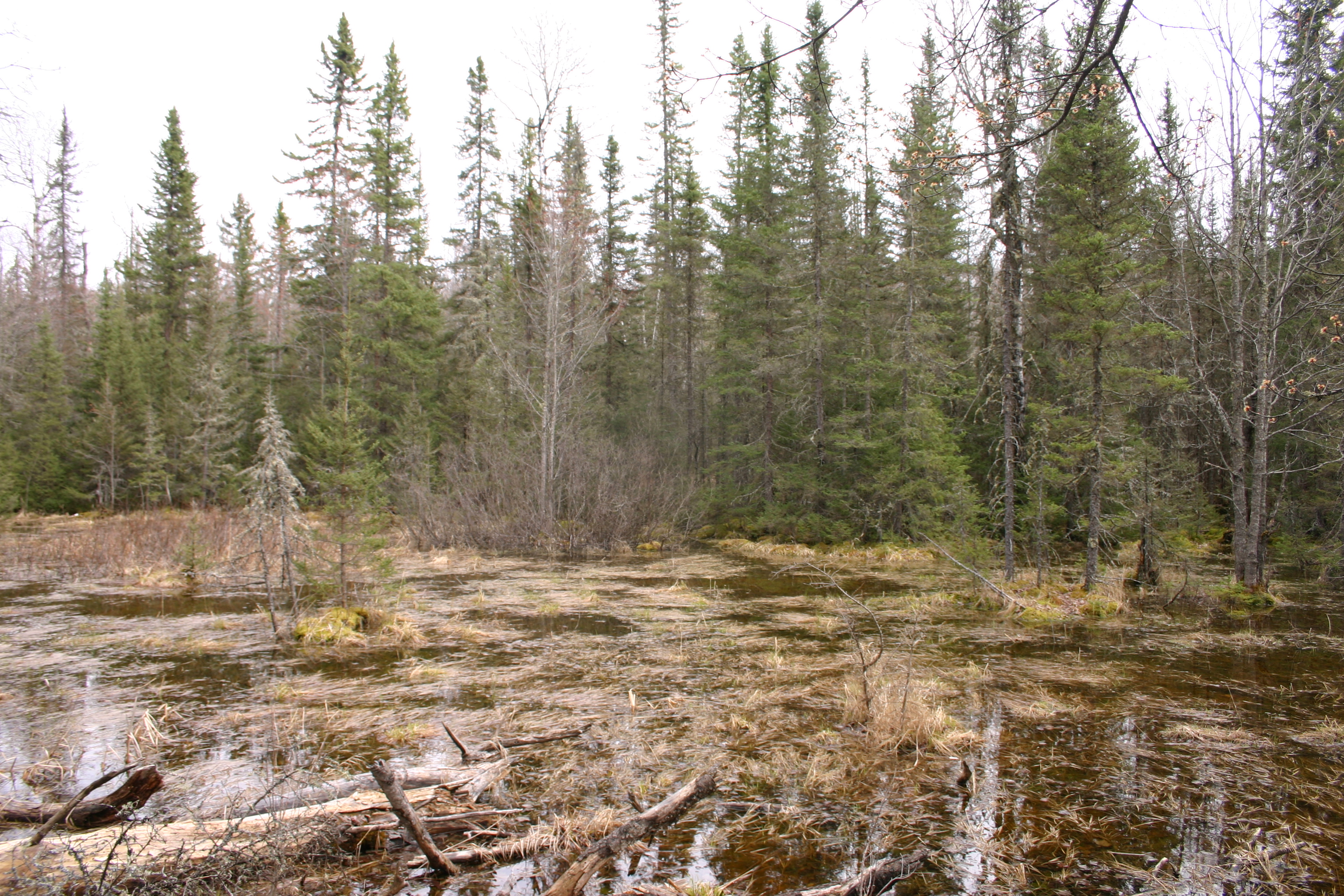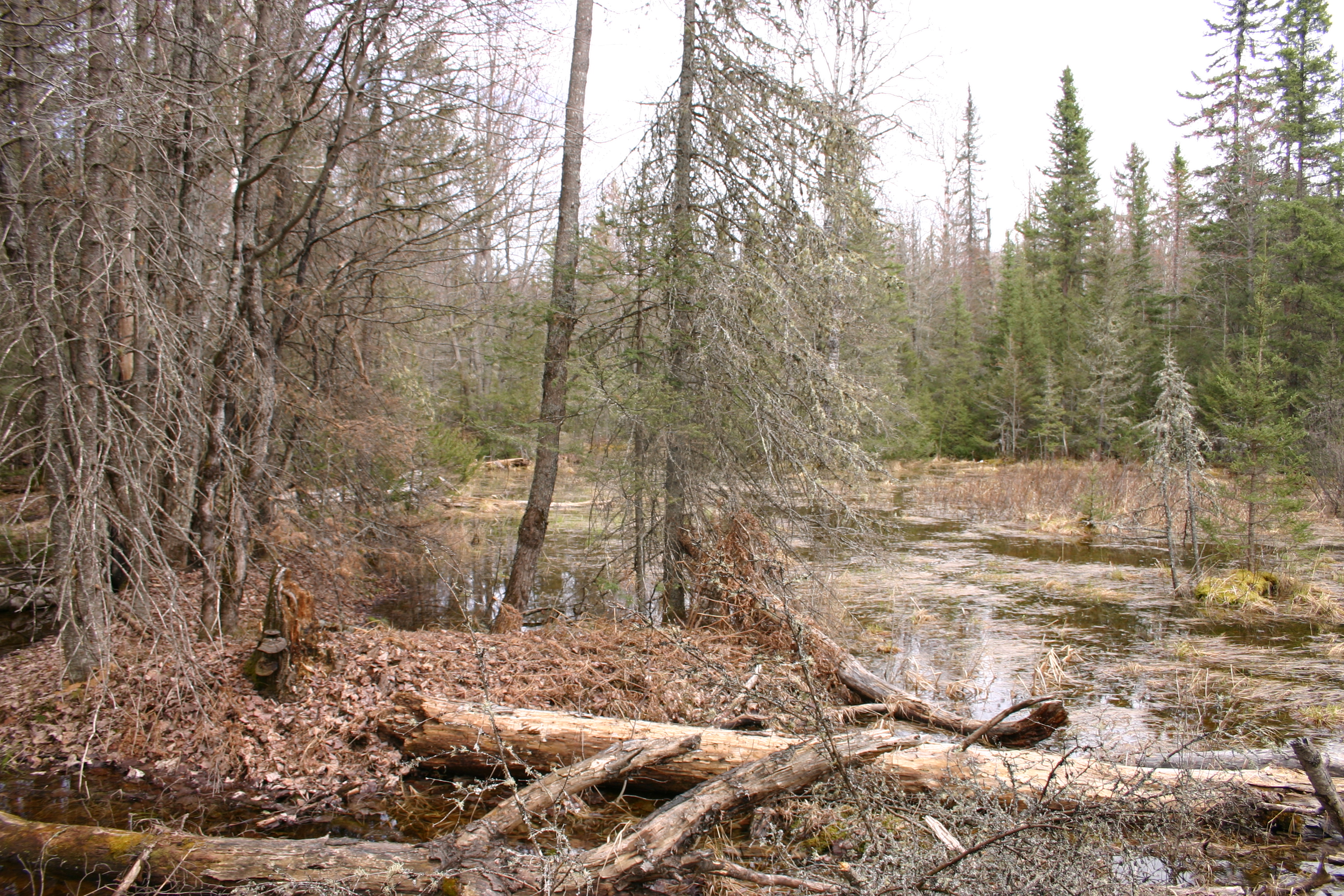
 Environmentalists Object to Mineral Leases in Ottawa National Forest
Environmentalists Object to Mineral Leases in Ottawa National Forest
MARQUETTE — Grassroots environmental organization Save the Wild U.P. (SWUP) has submitted public comment objecting to mineral lease “nominations” of over 2,640 acres of public lands in the Ottawa National Forest lands to Trans Superior Resources (TSR). TSR is a mineral exploration company, which has sought uranium and metallic minerals (ie: sulfide-type orebodies containing copper, nickel, platinum, palladium and other nonferrous metals) in the Upper Peninsula since 2008. The targeted parcels span three U.P. counties: Iron, Houghton and Ontonagon.
Save the Wild U.P. has maintained their opposition to indiscriminate mineral leasing of public lands throughout the Upper Peninsula, focusing on the need for preservation and conservation of delicate watershed habitats.
“Michigan regulators obviously believe that mining exploration is always the most desirable land use — in every situation, no matter how it undermines or jeopardizes our public land, water, forestry, wildlife and fisheries!” said Gail Griffith, emeritus professor of Chemistry at Northern Michigan University and SWUP board member.
In the parcels where TSR has requested mineral leases, SWUP has documented that “…nearly the entire area is laced with headwater wetlands, seeps, embedded sedge meadows, swamp forest, and ephemeral and permanent streams. The general flow of water is into the North Branch of the Paint River, a designated National Wild and Scenic River. The river flows east and south to the Menominee River, which eventually reaches Lake Michigan. These parcels obviously contain highly sensitive hydrological features, and mineral exploration within them could negatively impact multiple rivers including Trout Creek, the Jumbo River, Dead Man Creek and the Paint River.”
SWUP board and advisory board members, Steve Garske and Rich Sloat walked many of the parcels on foot, in order to fully appreciate the hydrological and ecological features of the region. Sloat and Garske observed raptors and the goshawk, a state-recognized, “species of concern”. The presence of unique hydrological features and species of concern will only result in development restrictions in certain parcels, not a full-out ban on development or exploration, as SWUP director, Alexandra Maxwell demands there should be, “Save the Wild U.P. asks the Department of Natural Resources to unequivocally deny these lease requests and to instead, thoughtfully and carefully manage these National Forest lands with conservation as the agency’s primary goal.”
Leasing National Forest lands for mineral exploration presents other obstacles for TSR, especially lands within the Ottawa National Forest, which was created by the Weeks Act. The Weeks Act contains specific, protective language for headwaters of navigable streams and restrictive language regarding development.
“It’s outrageous but true: Part 632 doesn’t restrict one square inch of Upper Michigan from sulfide mining and mineral exploration — including your backyard garden, the headwaters of rivers, or the park where your children play,” says Jeffery Loman, former federal oil regulator and Keweenaw Bay Tribal member.
“Michigan’s rampant, indiscriminate mineral leasing of Public Lands poses a direct threat to the public trust, public access to land, clean water, and treaty-protected natural resources. Specifically, the lands targeted by these mineral lease requests include sensitive wetlands and fragile streams. Wetlands are not compatible with sulfide mining, and mineral exploration activities such as drilling in wetlands should be severely prohibited under the 2016 Clean Water Rule.” said Kathleen Heideman, SWUP president.
Founded in 2004, Save the Wild U.P. is a grassroots environmental organization dedicated to preserving the Upper Peninsula of Michigan’s unique cultural and environmental resources. For more information contact info@savethewildup.org or call (906) 662-9987. Get involved with SWUP’s work on Facebook at facebook.com/savethewildup or on Twitter @savethewildup.
Read SWUP’s full public comment here: http://bit.ly/PubComOttawa